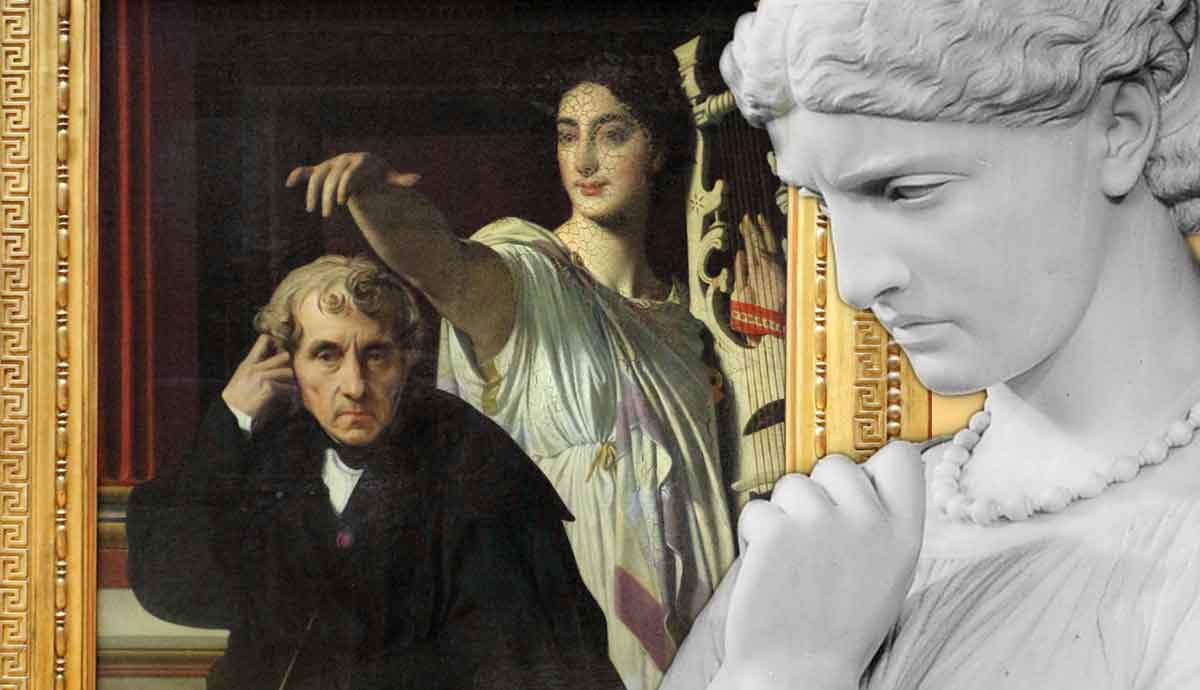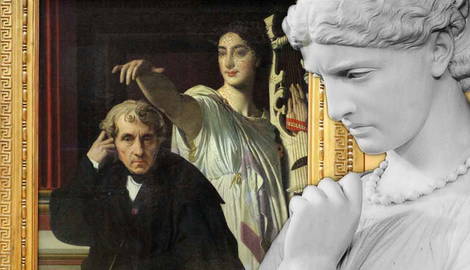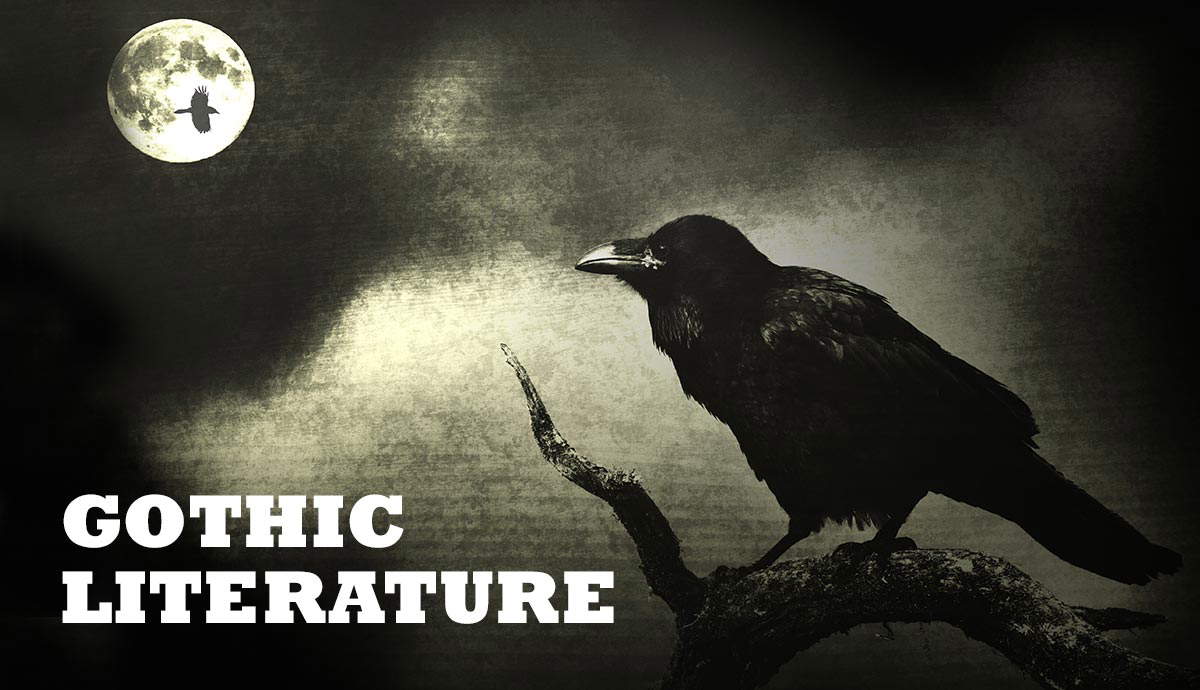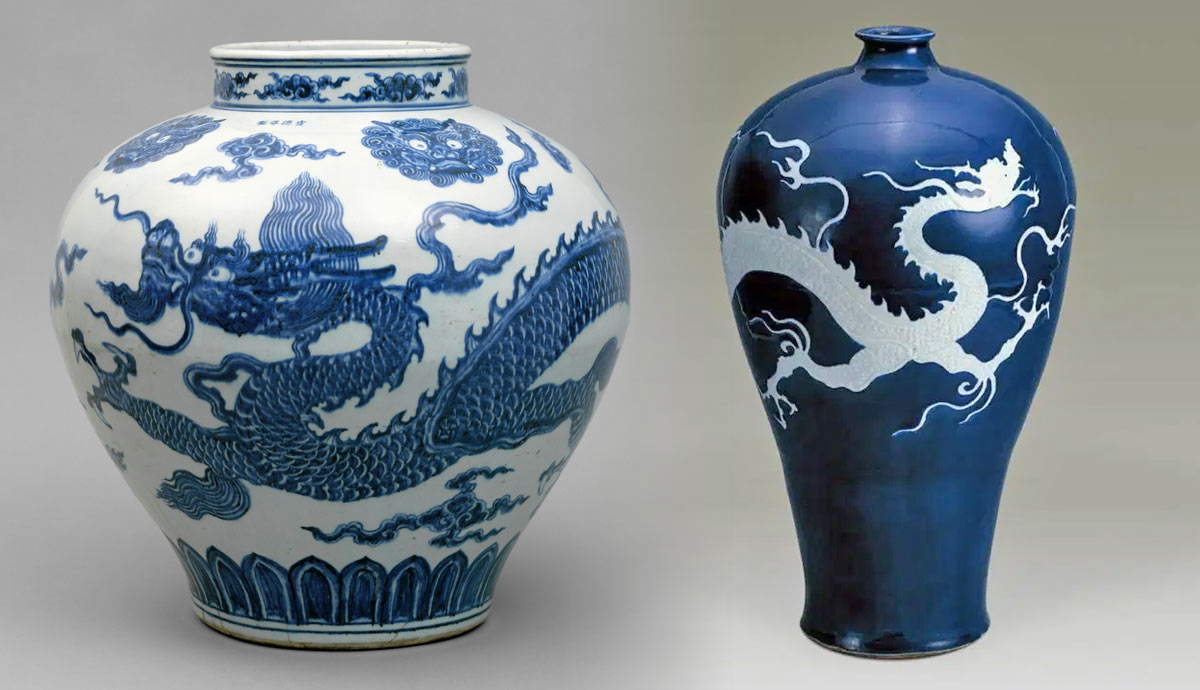
Enchanting as both a victim and a villain, Medea’s story has been told through the centuries as a tale of timeless drama and tragedy. Thanks to the talents of Italian composer Luigi Cherubini, it also lives on through the world’s stages in one of the most vocally challenging yet captivating works of opera.
Medea’s Tragedy

The myth of Medea begins with her betrayal. When a man named Jason travels from a distant land to claim the golden fleece protected by Medea’s royal family, Medea is compelled to help him in his quest and murders her own brother in their frantic escape. Now devoted to Jason, Medea continues to assist him in achieving political power and bears his children.
Euripides’s famous Greek play about the myth of Medea and Cherubini’s musical rendition of the dramatic work both begin with Jason’s change of heart toward the royal sorceress. Claiming that he seeks a further political rise from a socially beneficial marriage to the princess of Corinth, Medea suffers abandonment from the man she devoted her life to. Wrought with shame, Medea seeks revenge by murdering Jason’s bride and the children Medea bore for him.
Medea’s myth existed before Euripides took to writing it himself, but his theatrical version has had the most impact on future retellings. Before his play, the narrative did not include Medea’s act of infanticide. Regardless, Euripides’s writing actually offers a sympathetic context toward the murderer. The plot is tragic, not evil.
Medea’s actions were probably still shocking to Euripides’s audiences, but the Greeks may have understood that the heinous crimes were in response to great wrongdoing and stood as an attempt to regain her honor, a critical matter in Greek society. The play’s chorus expresses sympathy toward her, and its themes reveal the long-lasting plights of women. Medea is rescued at the end of Euripides’s play by her grandfather, the mighty sun god Helios, and taken in by the king of Athens.
The Musical Story

Luigi Cherubini completed the composition of his opera in the late 1700s with a libretto by François-Benoît Hoffman. The work is most often sung in Italian, though its musical and linguistic composition has a complex history leading up to the final production that is most often performed today.
Cherubini was Italian, though he spent much of his life in France. His musical style better matched the fads of Paris than his motherland, Italy. Medea is his most known opera, but it has not been frequently performed over the course of history. Cherubini was highly regarded for his talent during his lifetime, however, even by Beethoven, Rossini, Wagner, and Brahms.
Cherubini’s original score for Medea was a French opera comique called Medée, which contained spoken dialogue, and it premiered in 1797 at the Théâtre Feydeau in France.
Three years after Medea’s premiere, the opera comique was translated and performed in German. The work was translated for a second time into German in 1802, then shortened just a few years after.

German composer Franz Lachner took the shortened version of the opera that was completed in 1809 and composed music for the spoken dialogue in 1865. Many years after Lachner’s additions, Teatro alla Scala translated the score into Italian for a production in 1909. This shortened and translated production of the work became the commonly recognized standard version of Medea.
Long story short, the final product of Medea that we most often see and hear today is Luigi Cherubini’s work, shortened and translated a few times over, with recitatives composed by Franz Lachner.
A multitude of composers have written operas about the ancient Greek myths, including Medea, such as Giovanni Pacini and Marc Antoine Charpentier, but no other rendition of this female-led, dark drama has had such a complicated compositional history in addition to the honor of gracing the stage so uniquely through the unmatched talents of Maria Callas.
Cherubini and His Characters

For such a renowned talent, it surprises many scholars to find a lack of resources defining the personal life of Luigi Cherubini. He was evidently not the most social person, and despite the respect he received from several of the greatest names in music history as well as his connections to French royalty and other political figures, few of his works have achieved a lasting status to match as time goes on.
With little to no reference, it can be a challenge to determine why Cherubini might have chosen to compose his opera comique, Medée, as it was titled in French. A few similarities between the composer and his leading lady can be drawn, however.
Both Cherubini and Medea were immigrants with political ties to royalty. They left their respective homelands to escape being forced into a mold of a life or a career that did not suit them as outcasts. One a child prodigy and the other born with magical advantages, one could guess that both individuals probably lived with great expectations surrounding them and felt constrained.
It is impossible to truly understand the deepest connections held by Cherubini and his dramatic soprano, but evidence lies in their circumstances and, perhaps, the musical progression that Cherubini’s music portrayed through works like Medea.
Cherubini was appointed director at Théâtre Feydeau in the late 1700s, allowing him more creative freedom and providing him with a vast array of plentiful resources. The work he produced as the director reflected a bolder exploration of that freedom as well as his own capabilities as a composer. It was in this fresh phase of power that Medée was finalized.
Divas of the Opera

If you’re familiar with the opera world and its grandiose terminology, you might be familiar with the concept of a “diva.” This title is often attributed to high-achieving female singers, and many bask in the dramatics, both onstage and off.
It takes a true opera diva to competently portray the role of Princess and Sorceress, Medea. Its challenging musical demands have actually limited the number of productions seen across the world’s stages. One famous singer, however, made history with her rendition of the role and her astounding control over her audiences.
American-born Greek soprano Maria Callas gave Cherubini’s opera and the infamous role of Medea a memorable revival as she performed the lead multiple times during the 1950s and 1960s. Callas recorded her work with the score both during live performances and in studio, leaving her mark on the role, and making it accessible for generations of listeners to come.
Prima donnas—divas with an exceptionally high level of achievement and success—are often caught up in the drama of being a celebrity who must meet grand expectations. The night before a performance of Medea in Dallas, Callas discovered she had been fired from the Metropolitan Opera. Not missing a beat, Callas gave an incredible performance the next day, seemingly proving her value and resilience through a character that aligns with abandonment and revenge.

Intense acting and strong vocal prowess are of the utmost importance for this role. Sopranos are often compared to the legendary Maria Callas, especially in the role of Medea, but many singers are rising to the occasion: Sondra Radvanovsky, Sonya Yoncheva, and others have received positive reviews for their well-experienced techniques and powerful acting as they take on the challenge of portraying the tragic sorceress after Callas.
Sondra Radvanovsky made a profound impact on the performance history of Cherubini’s opera with her rendition of the leading lady in the 2022-2023 season at the Metropolitan Opera in New York City by using not only a powerful voice but an intimidating command of the stage through her physicality. It was her debut for the role, and the production kicked off the Metropolitan Opera’s Live in HD series which broadcasts live transmissions from the opera house to movie theaters all over the world. Her serpentine-like movements matched with black tear streaks down her face earned her resounding applause from multiple audiences, and they were captured, up close and personal, by an international spread of movie theater-goers, too.
It may be that Radvanovsky was wary of living in the shadow of Maria Callas’s Medea, or it may be that she and many other sopranos with a love and talent for drama are grateful for Callas’s commitment to reviving Cherubini’s work and inspiring future generations of singers to rise to the challenge she set by carving their own places in the spotlight of the opera world.
“I Am Medea”

What makes Medea so powerful as a character?
The simple answer is her lineage. Granddaughter of Helios, the god of the sun, and daughter of a sea nymph, Medea has a whirlwind of power coursing through her blood. It is no wonder her life and inner struggles are so tumultuous, descending from both fire and water.
Medea is more than just her blood, however. Although she is divinely gifted, she suffers the same fate as many women of her day, and she is still destined to die as a mortal, despite her ancestry.
The titular character most famously sings, “Io son Medea” which translates to “I am Medea” in Act 3, arguably the most dramatic act of the opera. In an art form where women are often portrayed as damsels in distress awaiting the love and devotion of a handsome tenor, Medea is a unique force of nature for opera fans. Rather than love, Medea decides to seek bloody revenge.
Medea’s power is more than sorcery or godly gifts. Her self-empowerment and her rejection of cultural and social norms are strengths that continue to inspire audiences around the world, even today. Opera fans have commented on the continued relevance of Medea’s story, connecting contemporary audiences with the audiences drawn by Euripides’s play from long ago.
It is likely that Euripides’s thematically feminist telling of the ancient myth predicted generations of sympathy felt by women yet to come. Luigi Cherubini must have seen the potential in a raging sorceress like Medea to produce a musical retelling of that story, helping to foster sympathy, connection, and inspiration for centuries yet to come.










